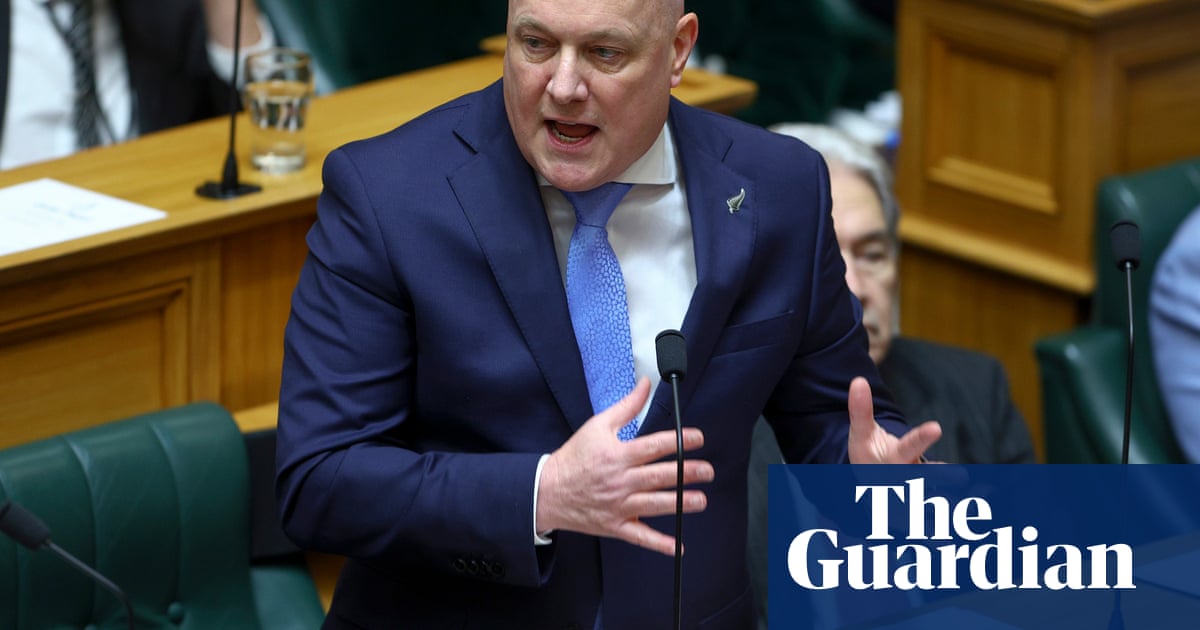New Zealand’s prime minister will meet Xi Jinping on a formal visit to China next week, his office has confirmed, a week after an open letter signed by some of his predecessors warned against positioningNew Zealandas an “adversary” of its biggest trading partner.
Christopher Luxon is scheduled to travel to Shanghai and Beijing, before going to Europe. His office said he will meet Xi and China’s premier, Li Qiang, for a visit focused on trade, but which would also discuss “the comprehensive bilateral relationship and key regional and global issues”.
“The challenging global outlook makes it vital that we are sharing perspectives and engagingChinaon issues that matter to New Zealand,” Luxon said.
It will be Luxon’s his first visit to China since he was elected in October 2023.
The announcement of the visit comes a week after an open letter signed by former New Zealand political leaders, including former prime ministers Helen Clark and Sir Geoffrey Palmer, urged Luxon to use his visit “to make it clear at the highest level that New Zealand retains its bipartisan commitment to its strategic partnership with China”.
The letter said recent government statements appeared to be “positioning New Zealand alongside the United States as an adversary of China”.
“We see considerable disadvantage to New Zealand in becoming part of defence arrangements, including the associated prospective Aukus Pillar Two, which are explicitly aimed at China,” they wrote.
“We do believe that a military relationship with the United States directed against China has many risks for New Zealand.”
“It would not be surprising if China were to come to the conclusion that the special relationship which New Zealand has had with it since becoming the first developed country to have a free trade agreement with it in 2008 is no longer so valued by New Zealand,” the letter said.
Foreign minister Winston Peters has dismissed the letter, saying there was “no value in indulging the tired arguments of various former politicians/officials who appear to be suffering from relevance deprivation syndrome”.
In May, Peterstold the Guardianthe Pacific must be protected from becoming a military zone amid China’s growing push for influence in the region.
New Zealand’s relationship with China has been subject to debate, as the US-Beijing rivalry heightens tensions in the region, and Beijing’s behaviour grows more expansionist. In February, China’s military heldlive-fire drills in the Tasman Sea, with little to no notice given, prompting rebuke from both Wellington and Canberra.
Speaking to the Guardian at the Shangri-la dialogue in Singapore earlier this month, prior to the letter and Luxon’s announcement, New Zealand’s defence minister, Judith Collins, defended the government’s hawkish turn, which includes almost doubling its defence spending, saying it was “about time”.
“The Pacific will become an area of strategic tension and competition. And the best way to prepare for that is to do our bit to defend ourselves, but also to work with Australia and like-minded partners as much as possible,” she said.
